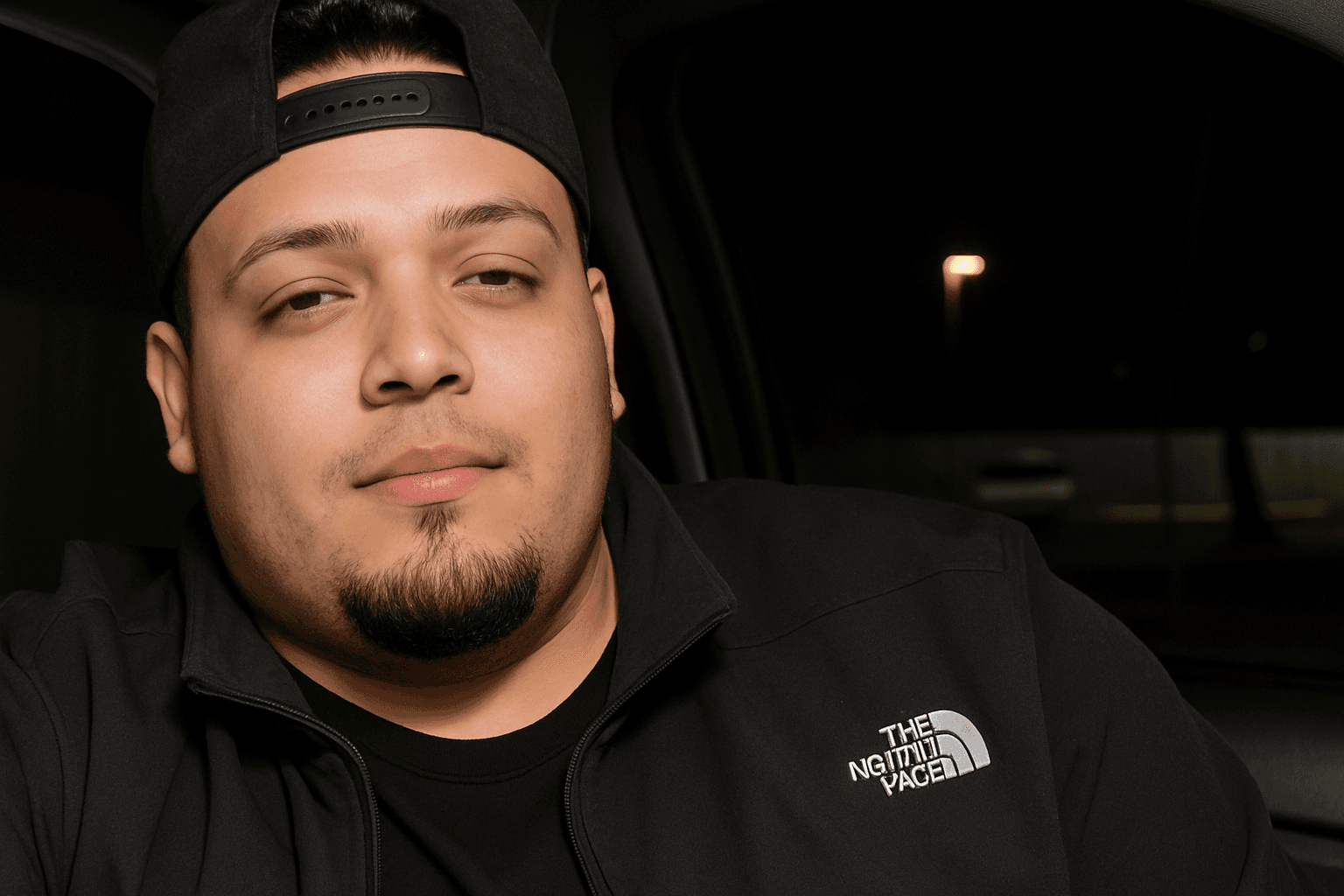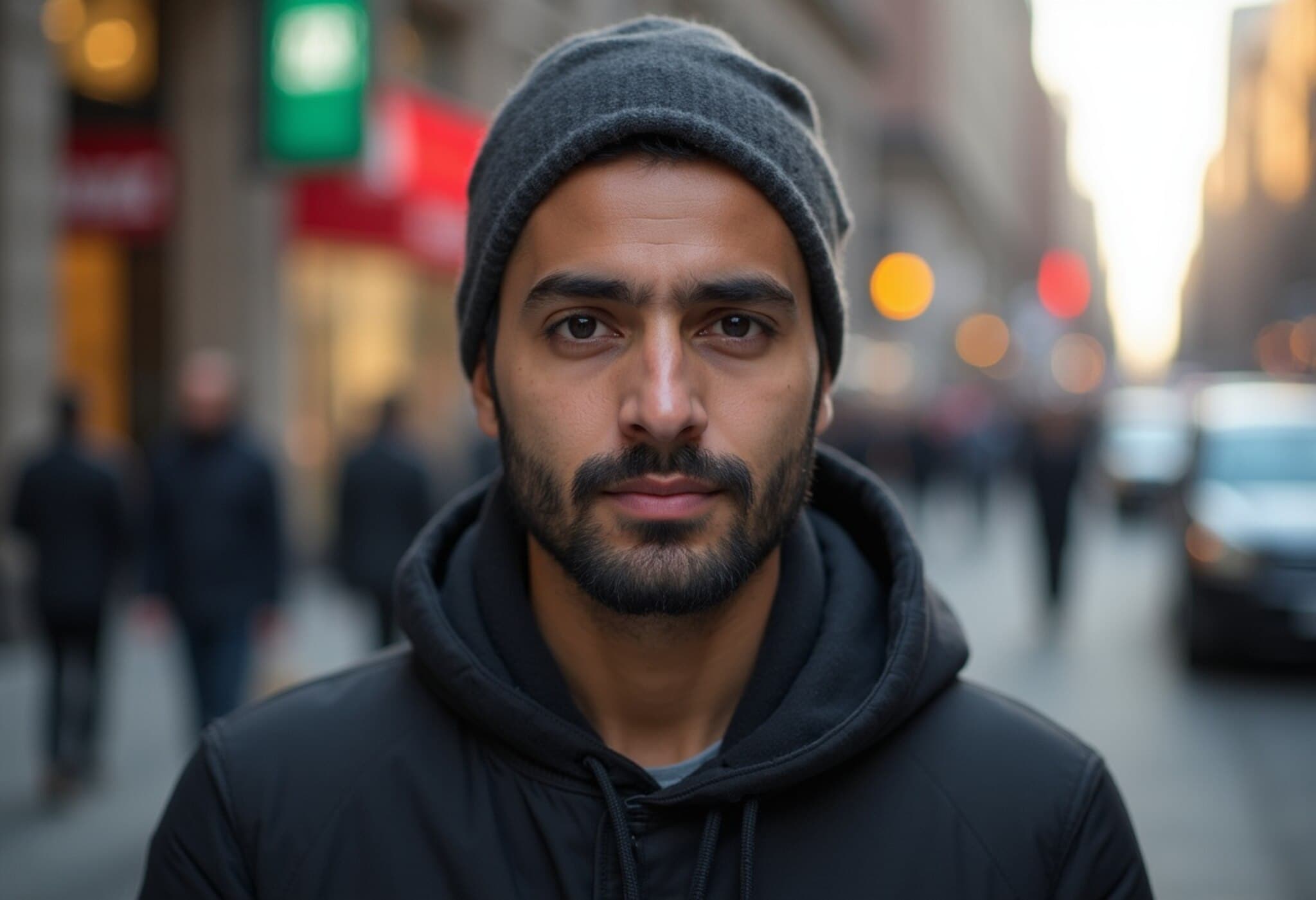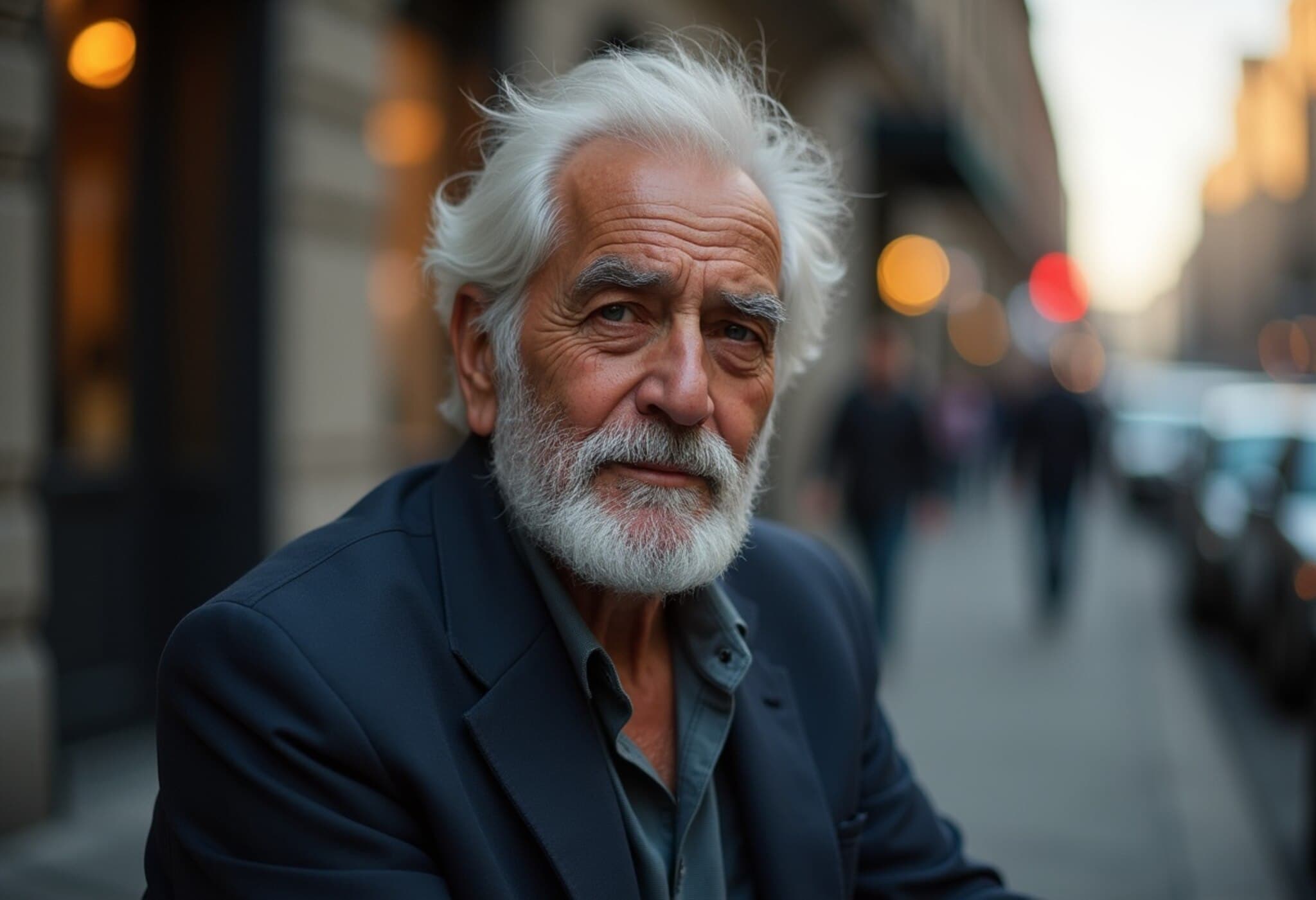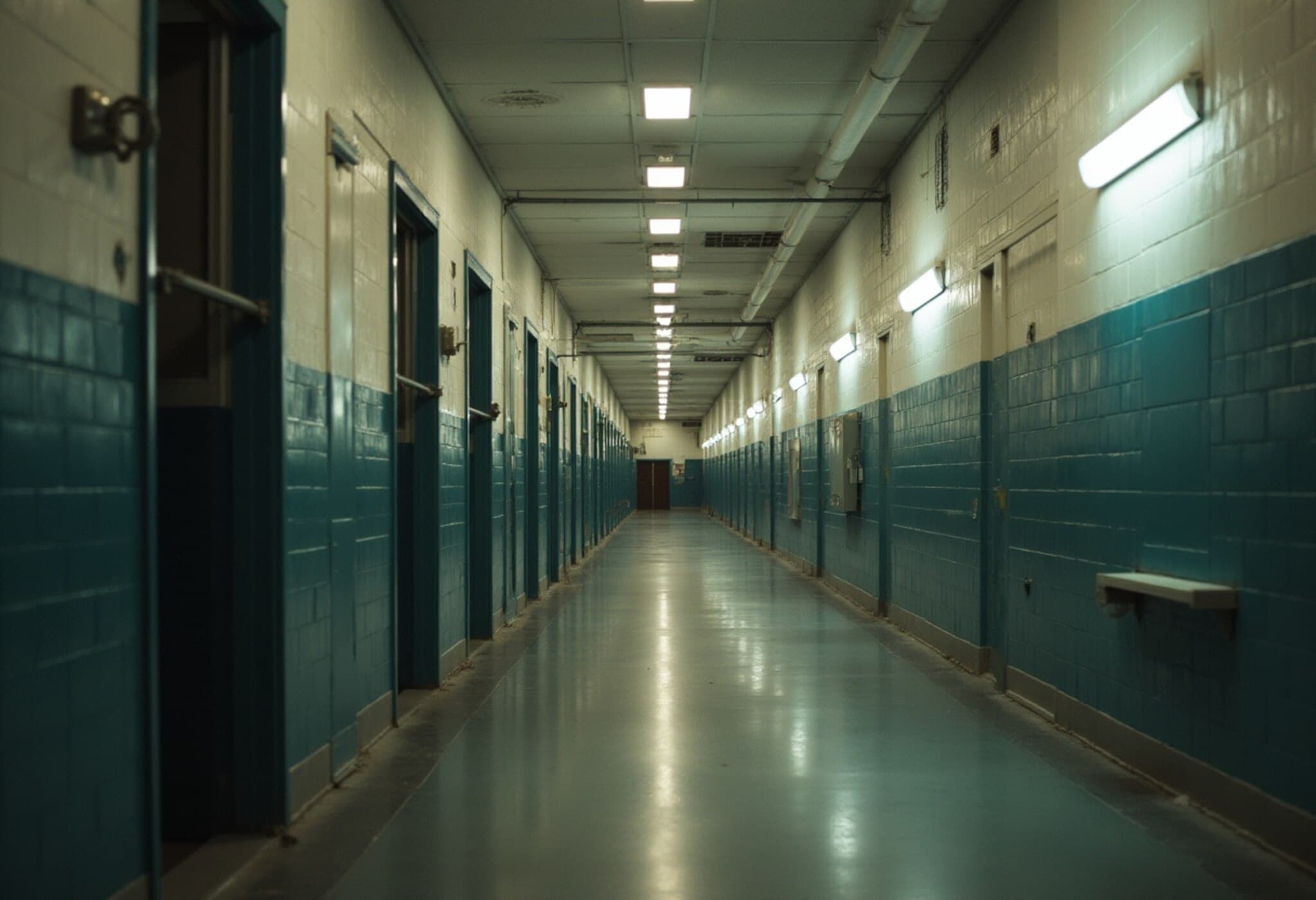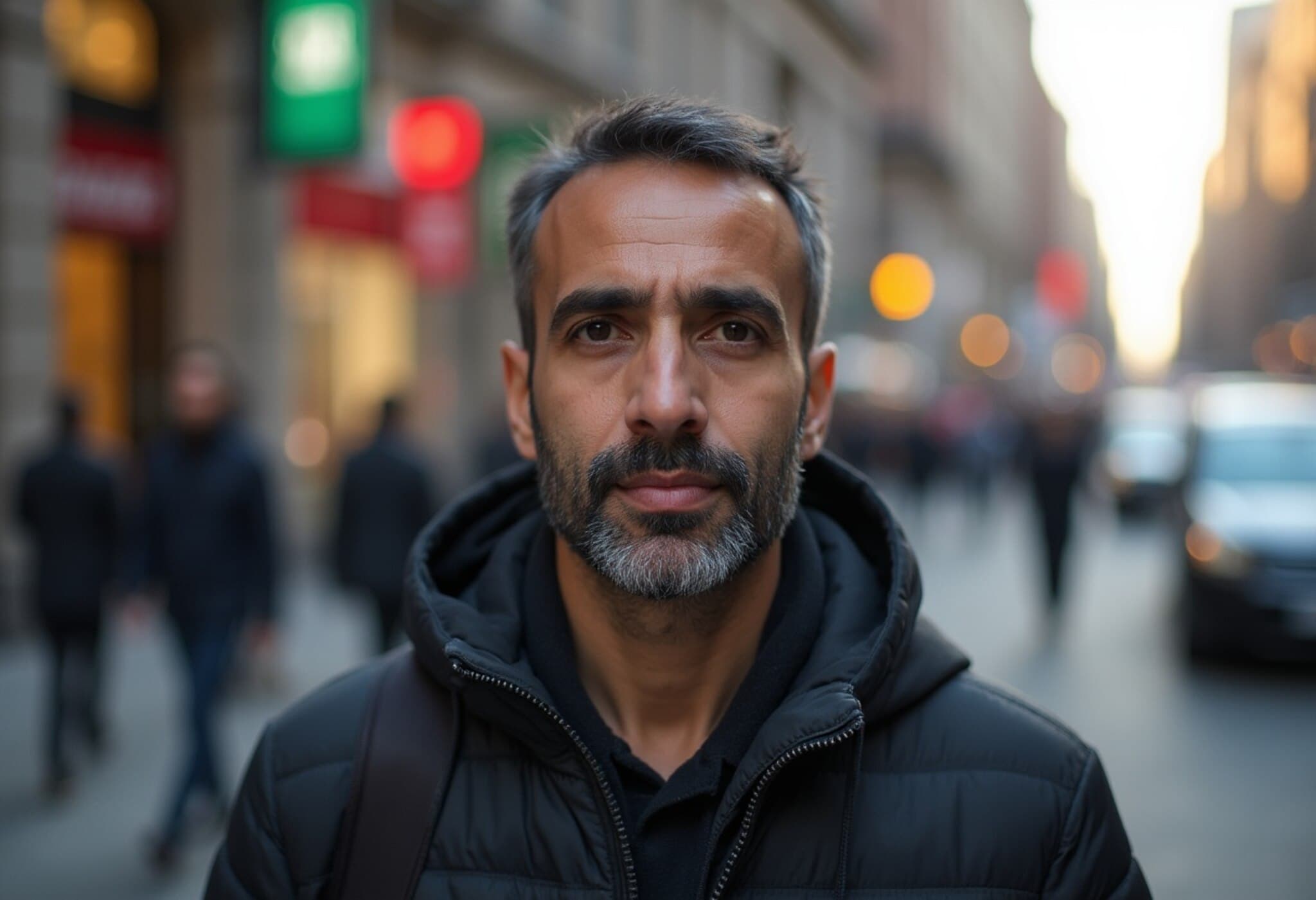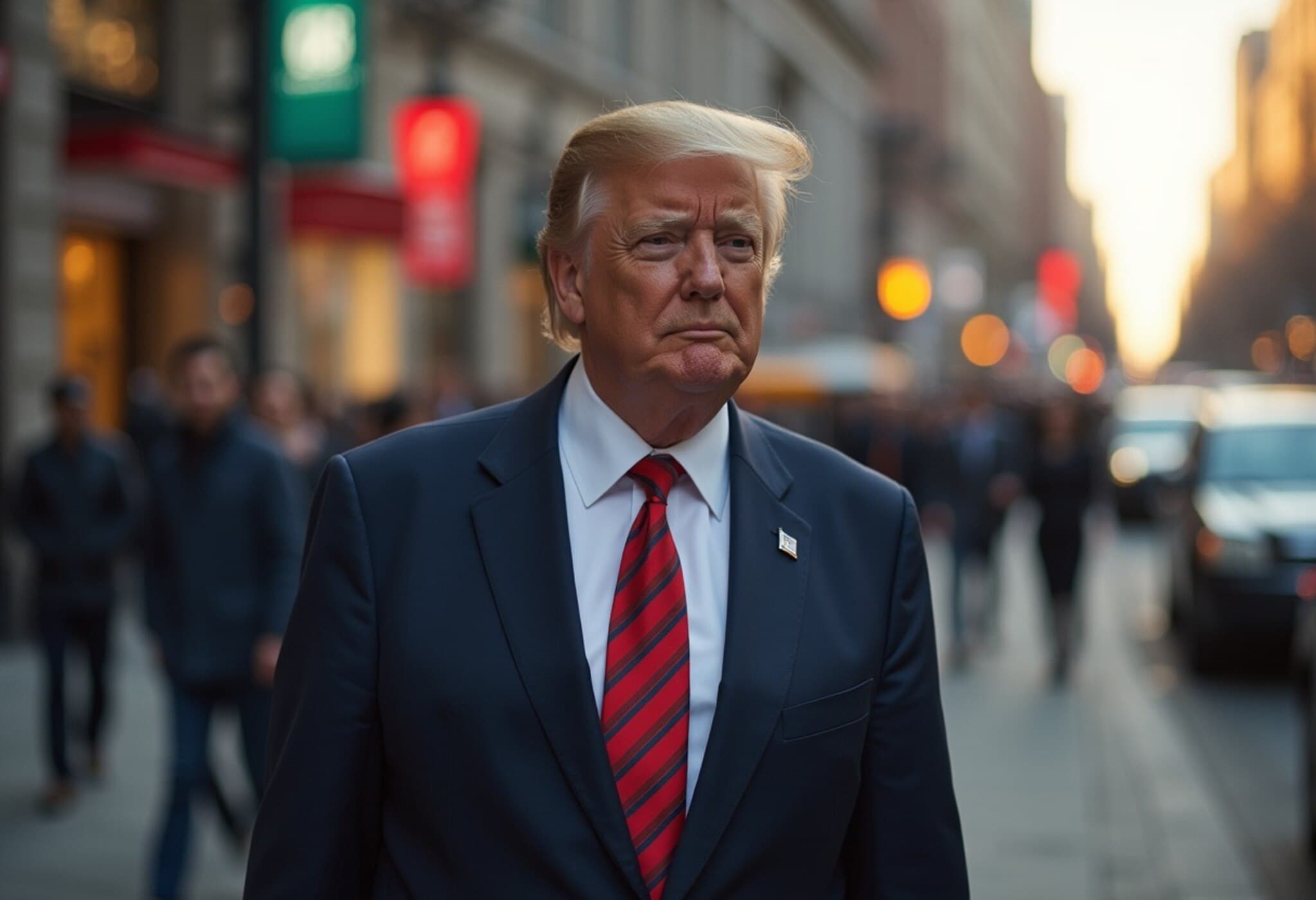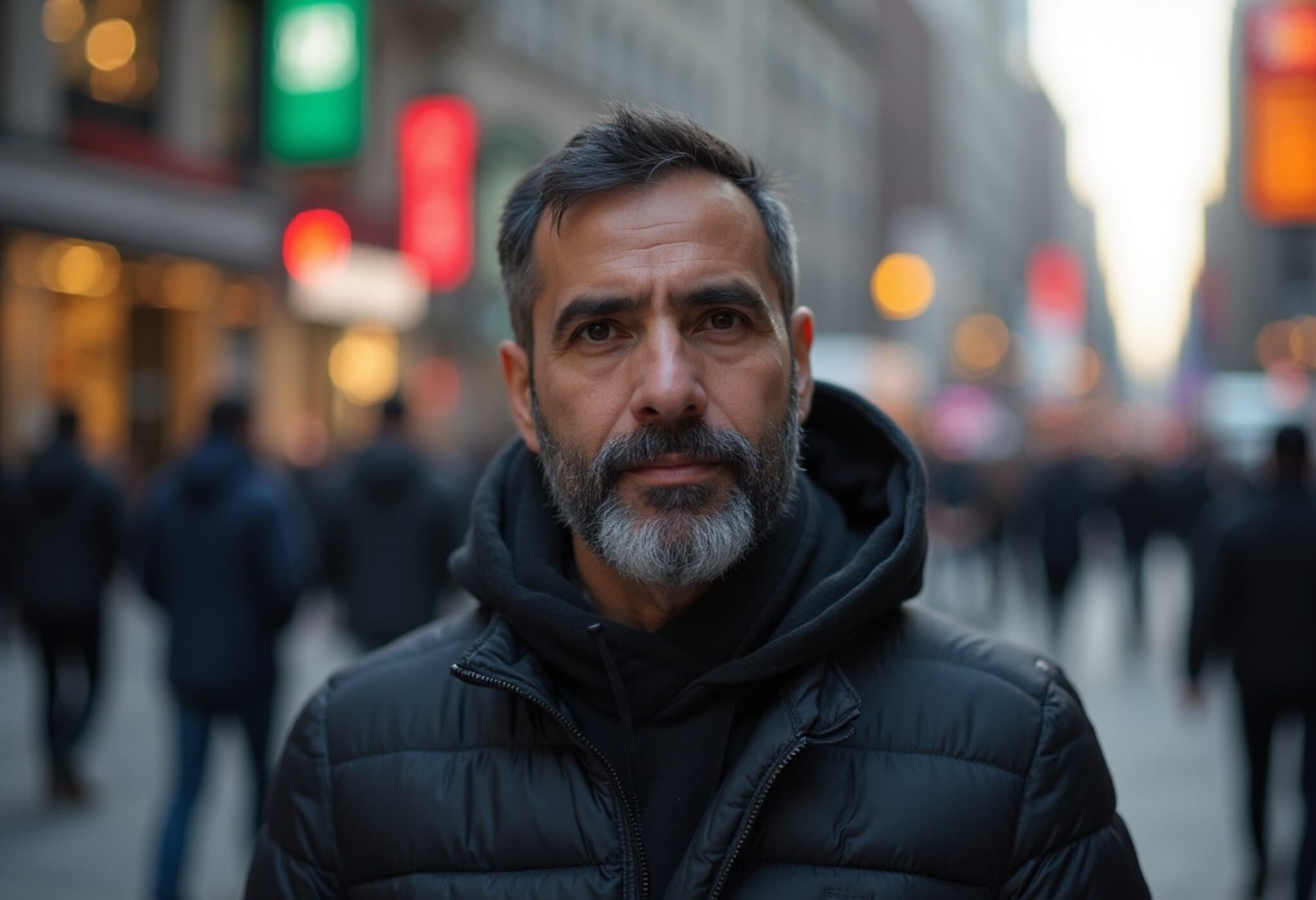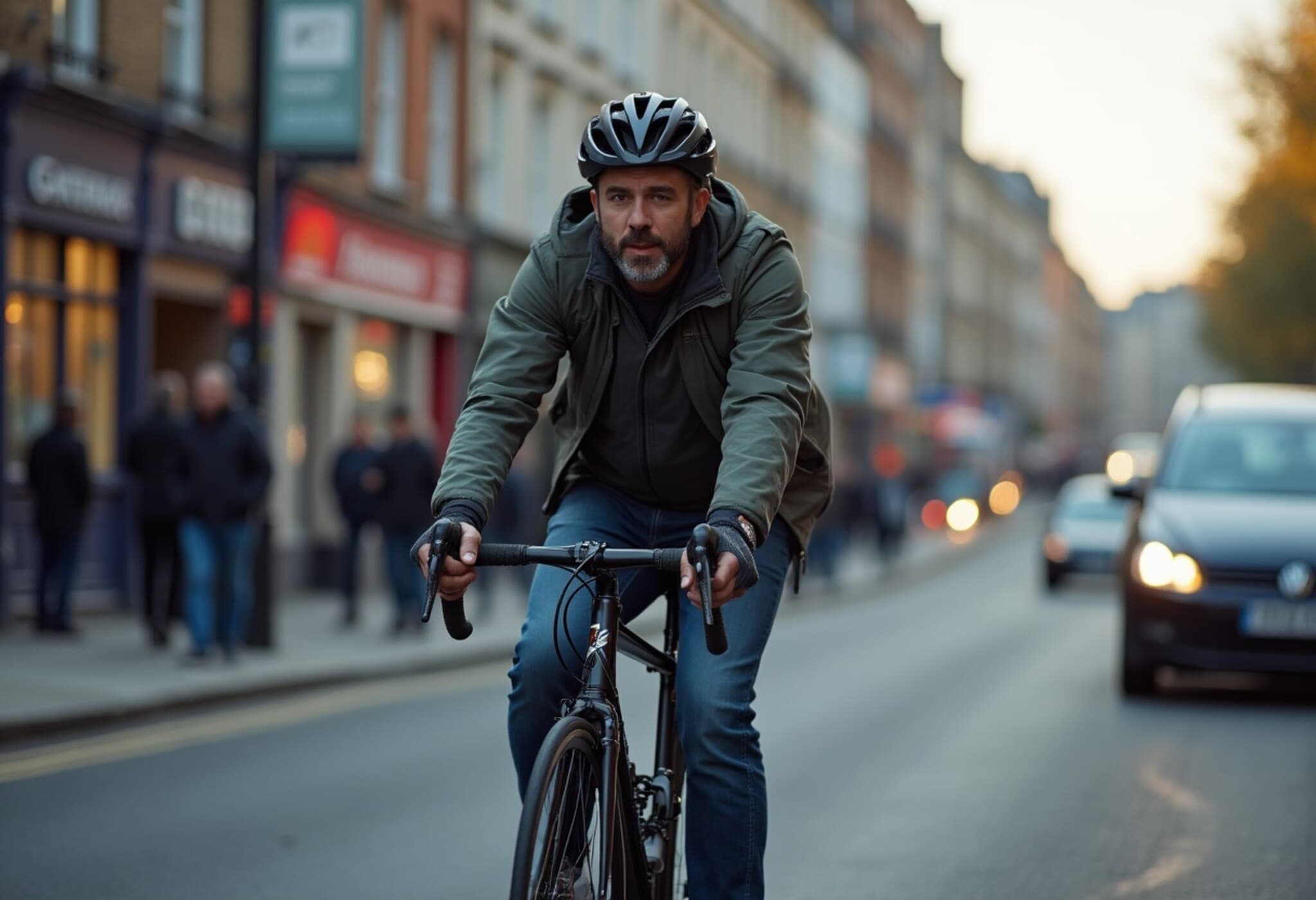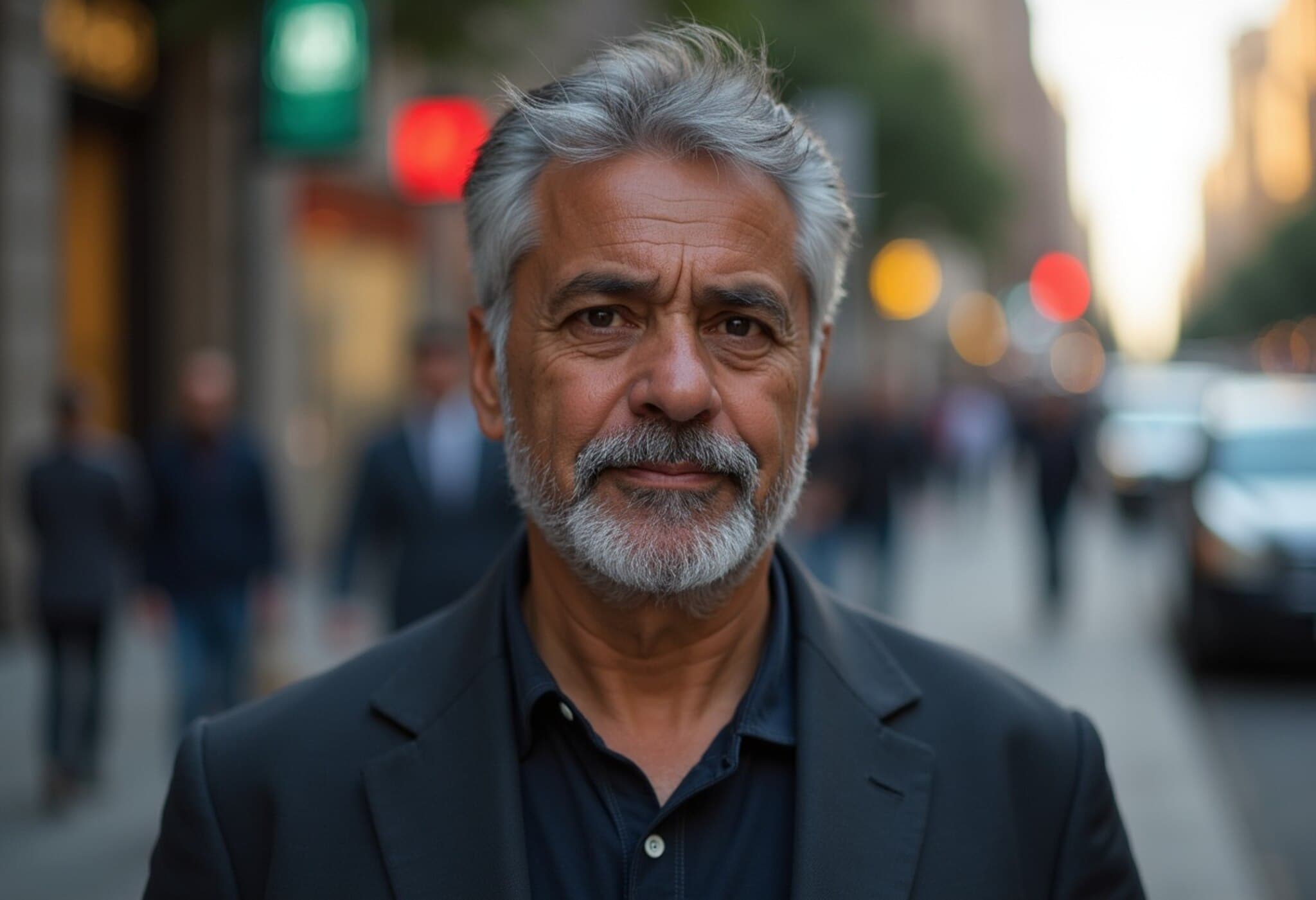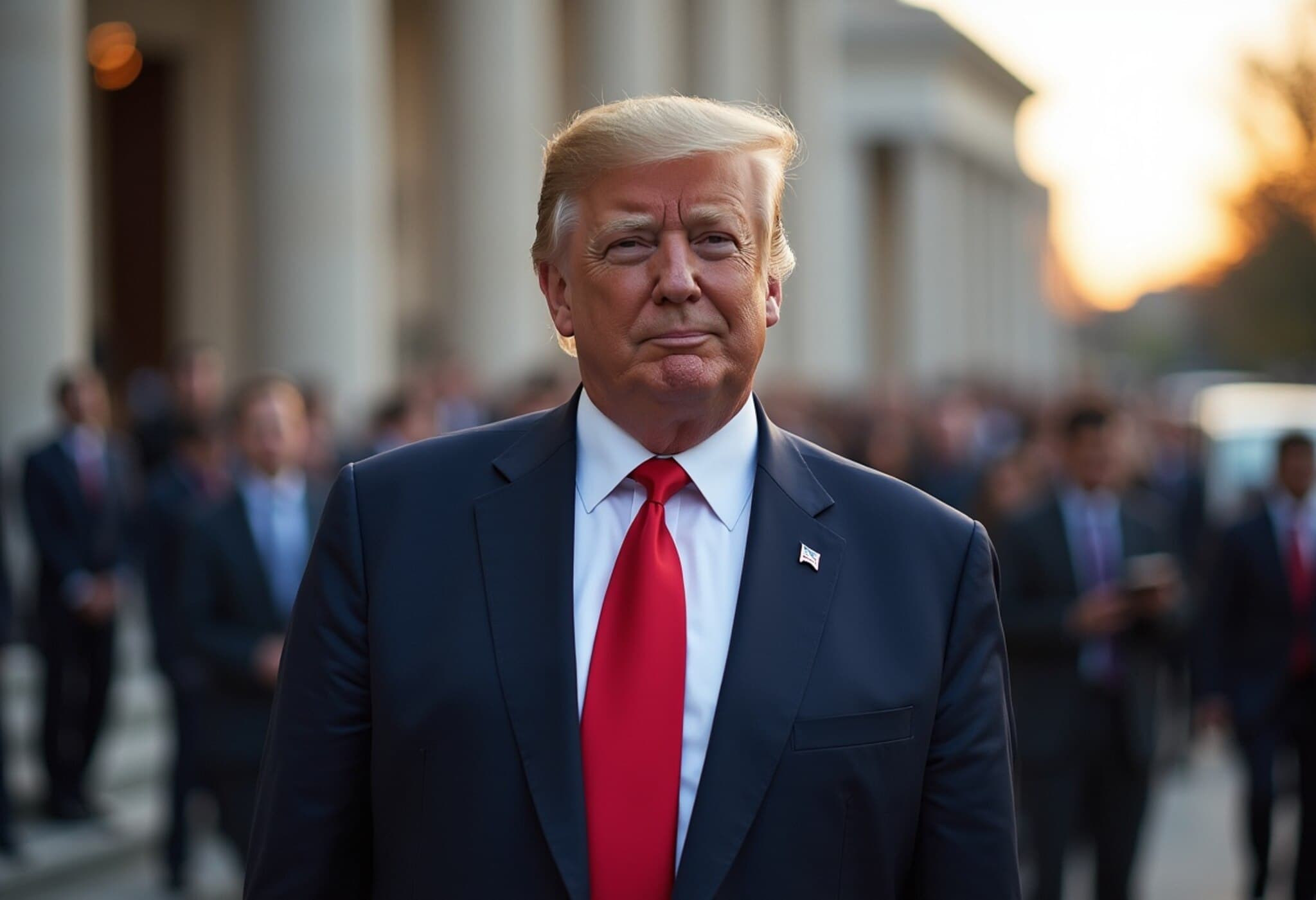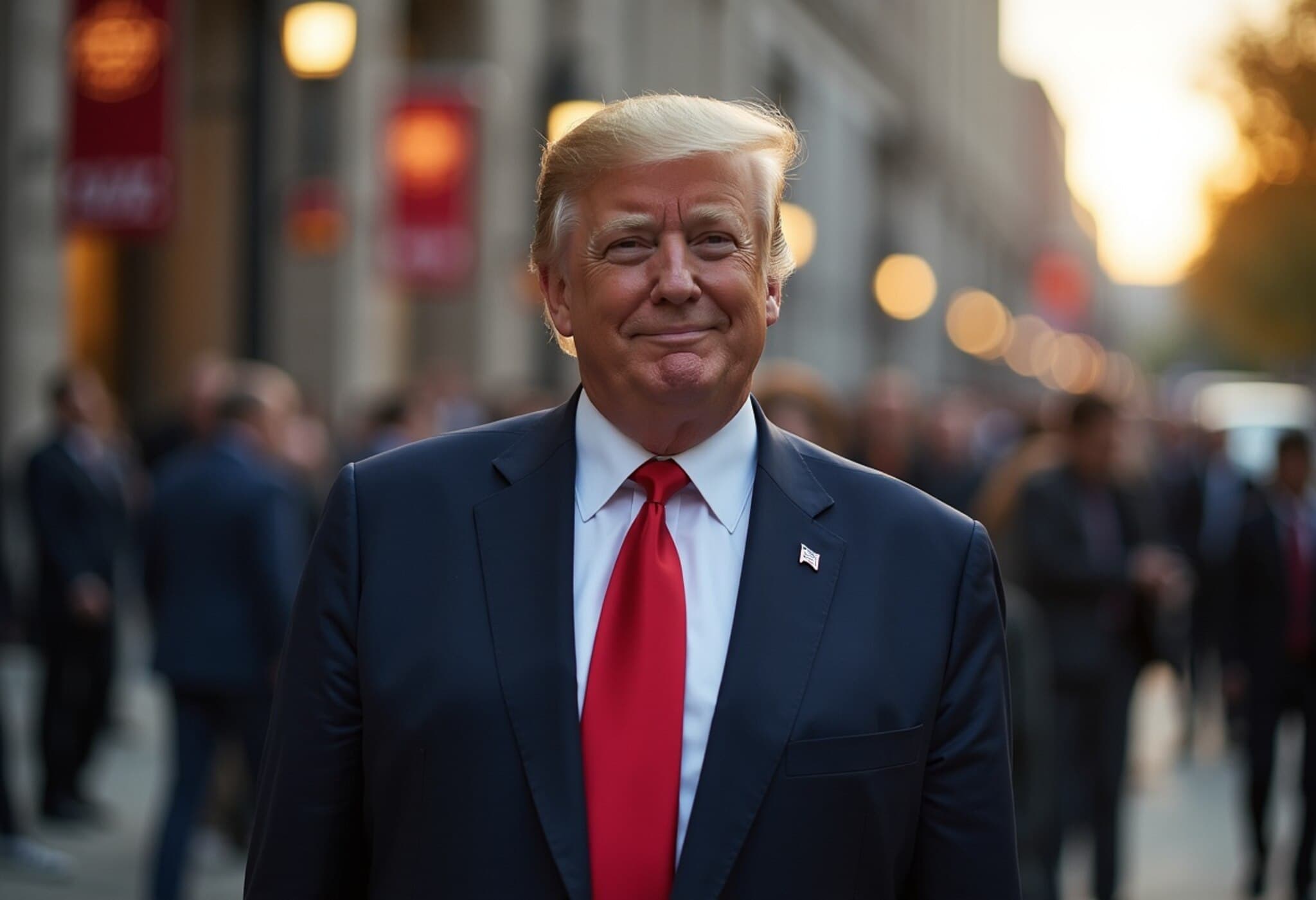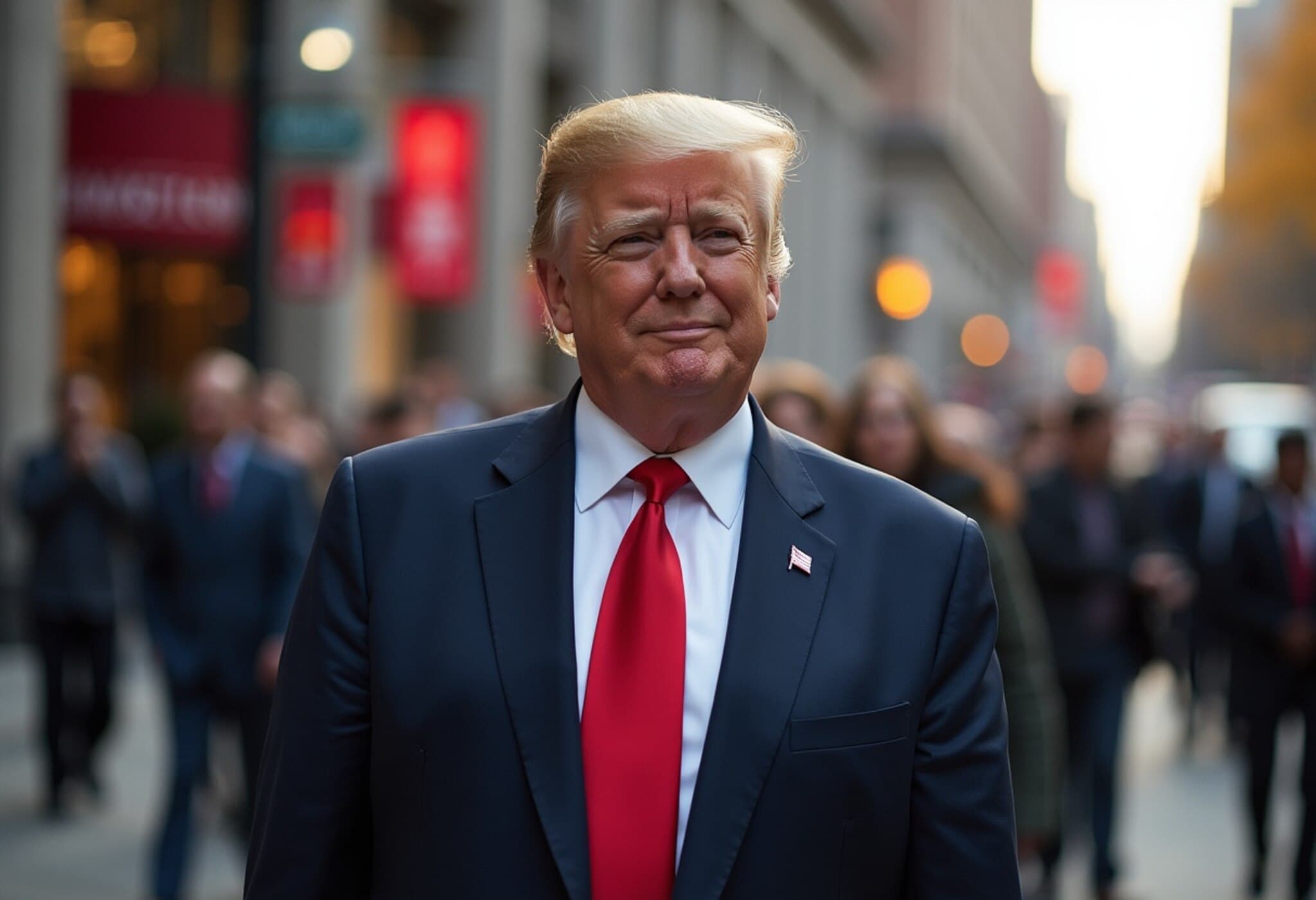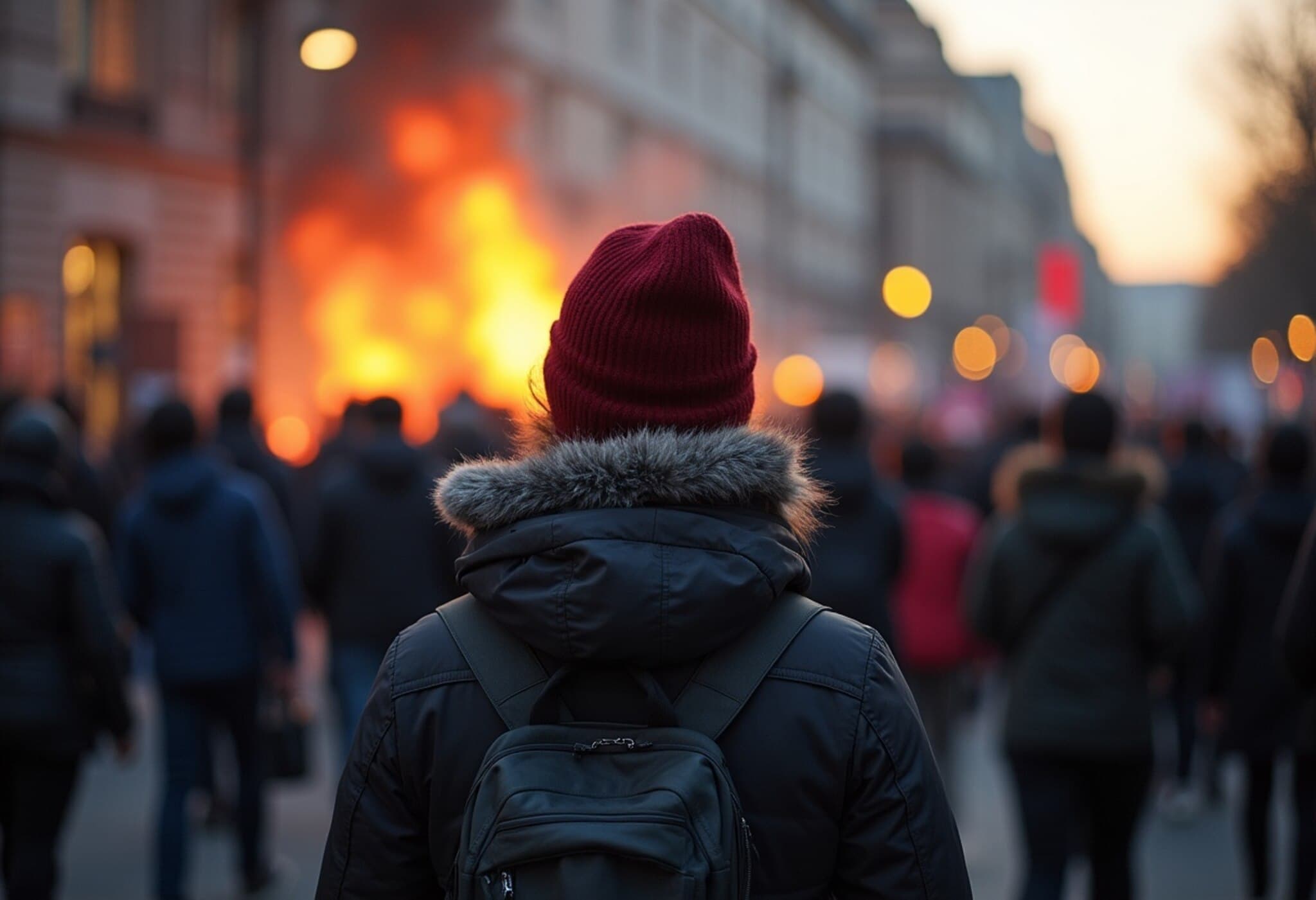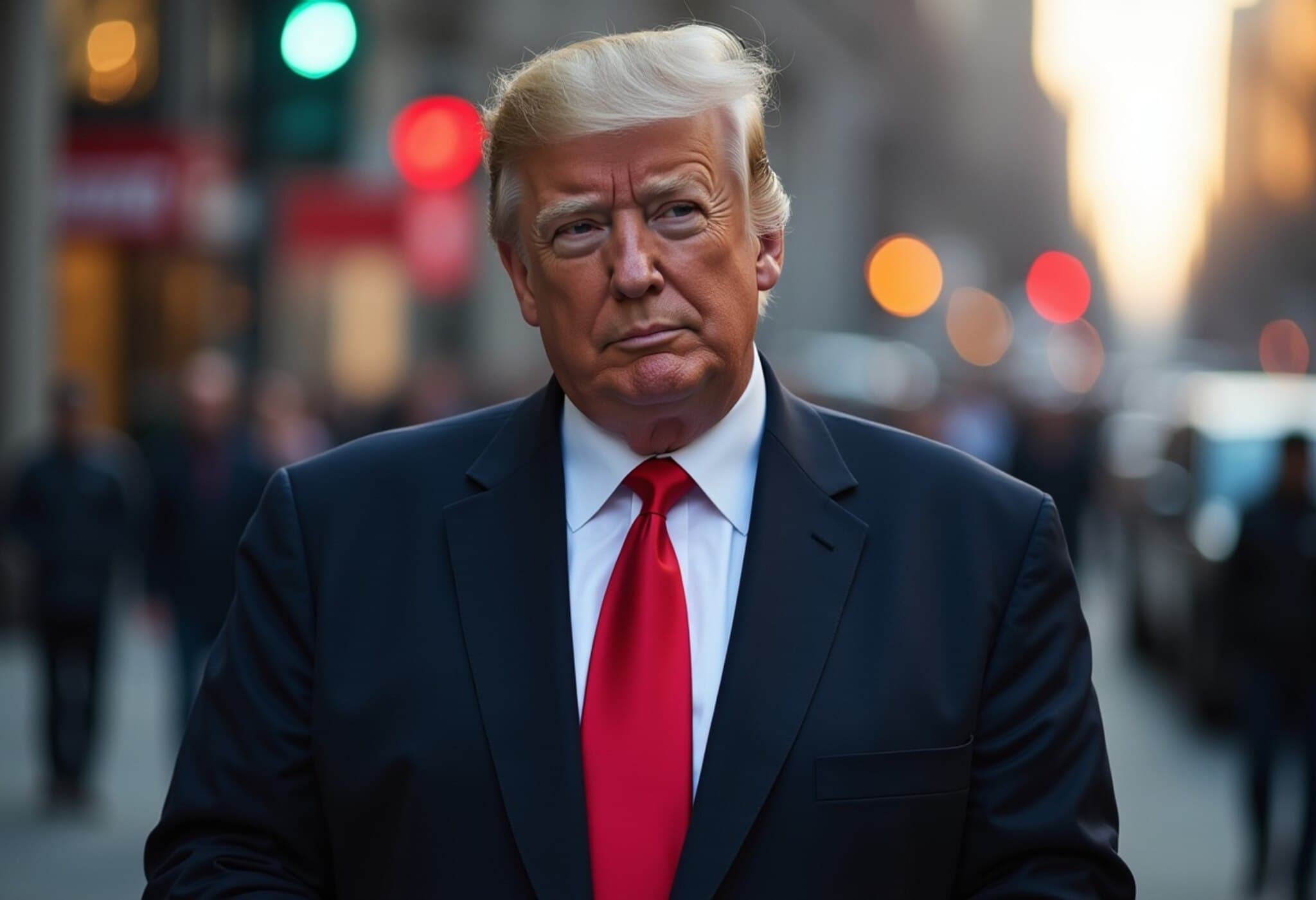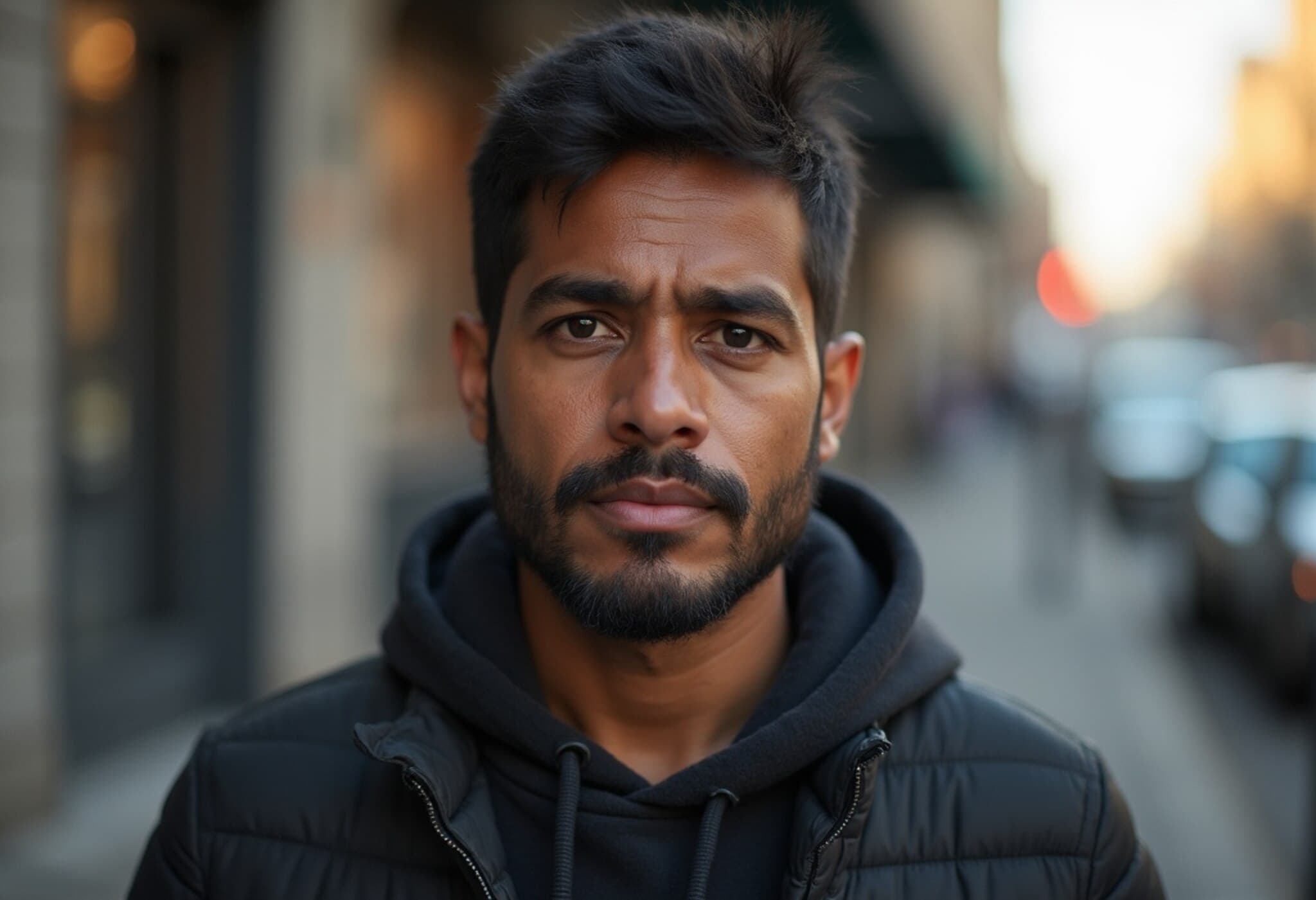Introduction: A Controversial Deportation Case
Kilmar Abrego Garcia, a Maryland resident, was wrongfully deported to El Salvador by the Trump administration despite a 2019 court order prohibiting his removal due to risks of gang persecution. Recent court documents reveal harrowing details of his physical and psychological torture while detained at one of El Salvador’s most notorious prisons, the Terrorism Confinement Center (CECOT).
Abusive Conditions at CECOT Prison
Upon arrival at CECOT, Garcia was subjected to severe mistreatment including beatings, forced sleep deprivation, inadequate nutrition, and psychological torment. He was kicked and struck so frequently that visible bruises and lumps covered his body the next day. Alongside about 20 other detainees, he was forced to kneel from approximately 9:00 PM to 6:00 AM, and guards brutally hit anyone who collapsed from exhaustion. Denied bathroom access during this time, Garcia reportedly soiled himself.
The detainees were confined to overcrowded, windowless cells with metal bunk beds lacking mattresses. Bright lights remained on around the clock, and sanitation facilities were minimal. Prison officials repeatedly threatened Garcia with transfer to cells housing violent gang members.
Health Deterioration and Other Prison Experiences
Garcia lost 31 pounds within his first two weeks of incarceration due to the harsh conditions. Later, he and four other detainees were moved to a different facility, where staged photographs showed improved conditions such as mattresses and better food, contradicting their prior abuse claims.
Notably, prison officials acknowledged Garcia was not affiliated with gangs, stating, “Your tattoos are fine” and keeping him separated from gang members. However, they threatened to move him into cells with violent inmates who could harm him.
Legal Battle and Current Status
Following his deportation in March 2025, Garcia was arrested upon return to the U.S. to face federal human smuggling charges in Tennessee, which he denies. A judge has ordered his conditional release, but Garcia remains jailed at his attorneys’ request over fears he might be deported again — potentially to a third country rather than El Salvador.
The U.S. government maintains Garcia's deportation was an “administrative error” but insists he is involved with gang activity, claims Garcia and his attorneys deny. The Justice Department plans to proceed with criminal prosecution and has indicated possible deportation to a third nation, sparking legal challenges and calls for transparency on Garcia’s fate.
Broader Implications
Garcia’s case has become emblematic of the Trump administration’s aggressive and, at times, legally questionable immigration enforcement policies. It highlights issues of detainee rights, wrongful deportation, and human rights abuses within prisons like CECOT, which is known for its brutal conditions and reputation for disappearing inmates.
Conclusion: Ongoing Uncertainty
As Garcia awaits trial and decisions on his immigration status, his case continues to draw scrutiny for its legal and humanitarian dimensions. With hearings scheduled in Maryland and Tennessee, the courts will weigh critical questions affecting his ability to remain in the United States and guard against further unlawful deportation or mistreatment.

